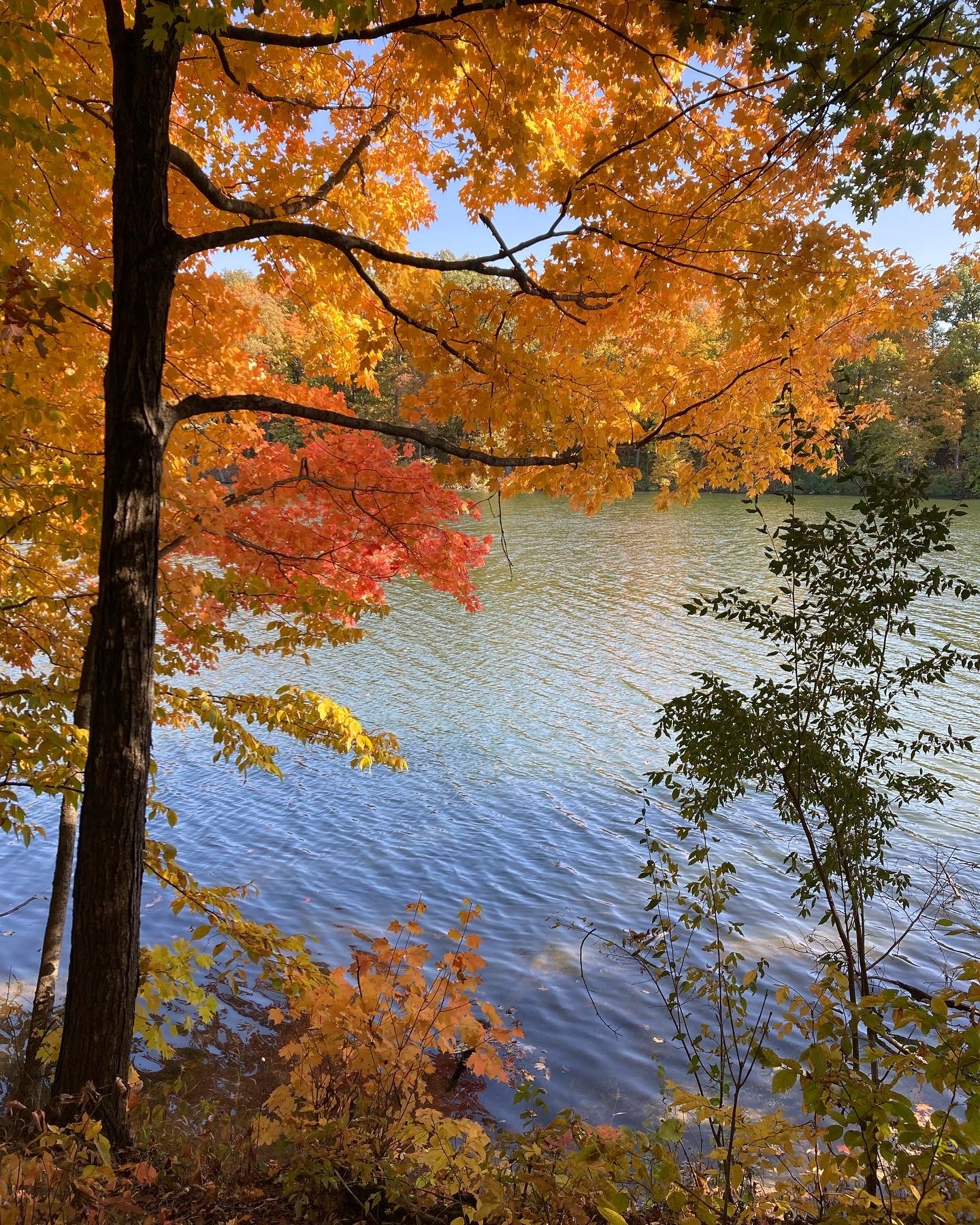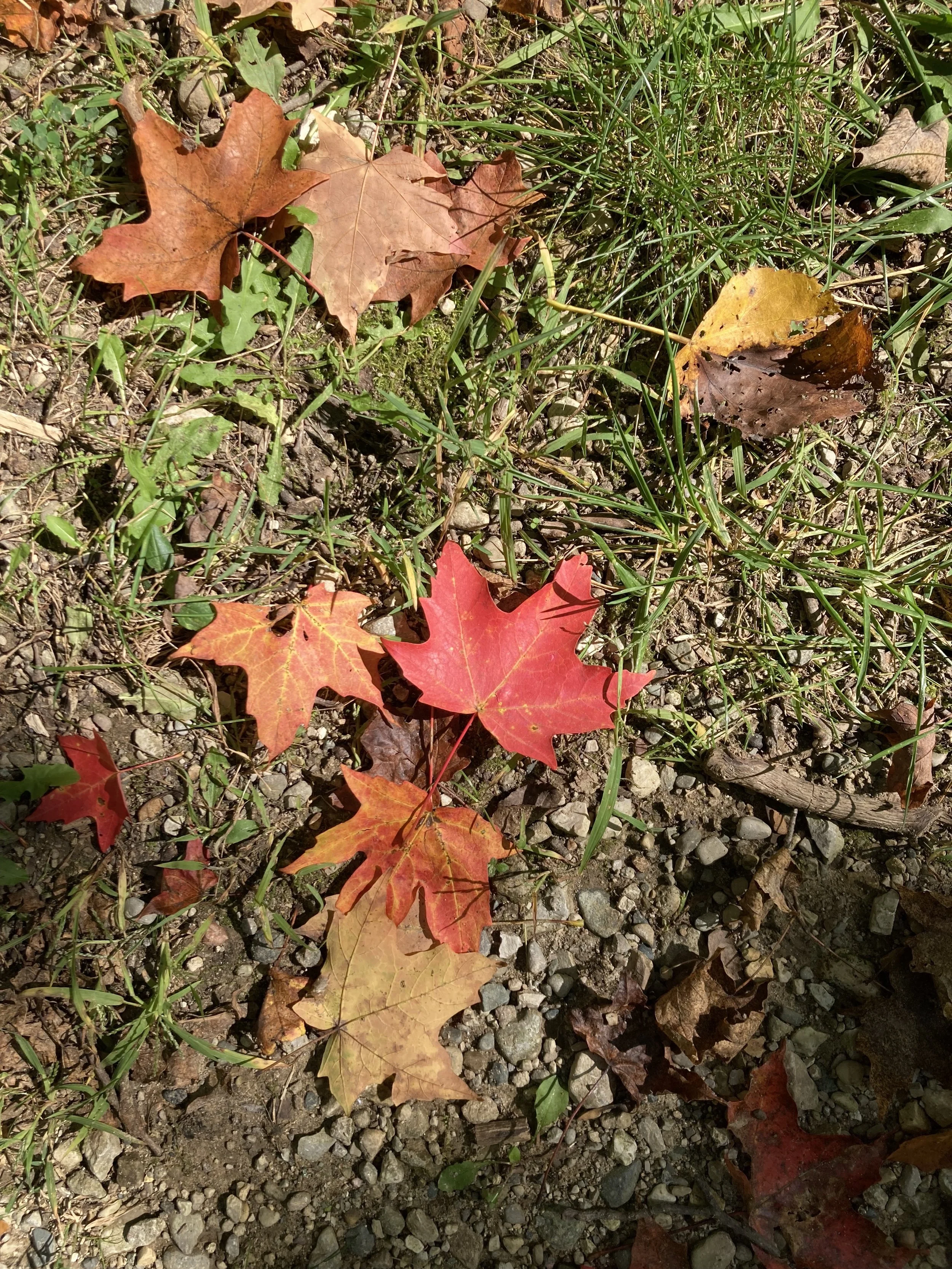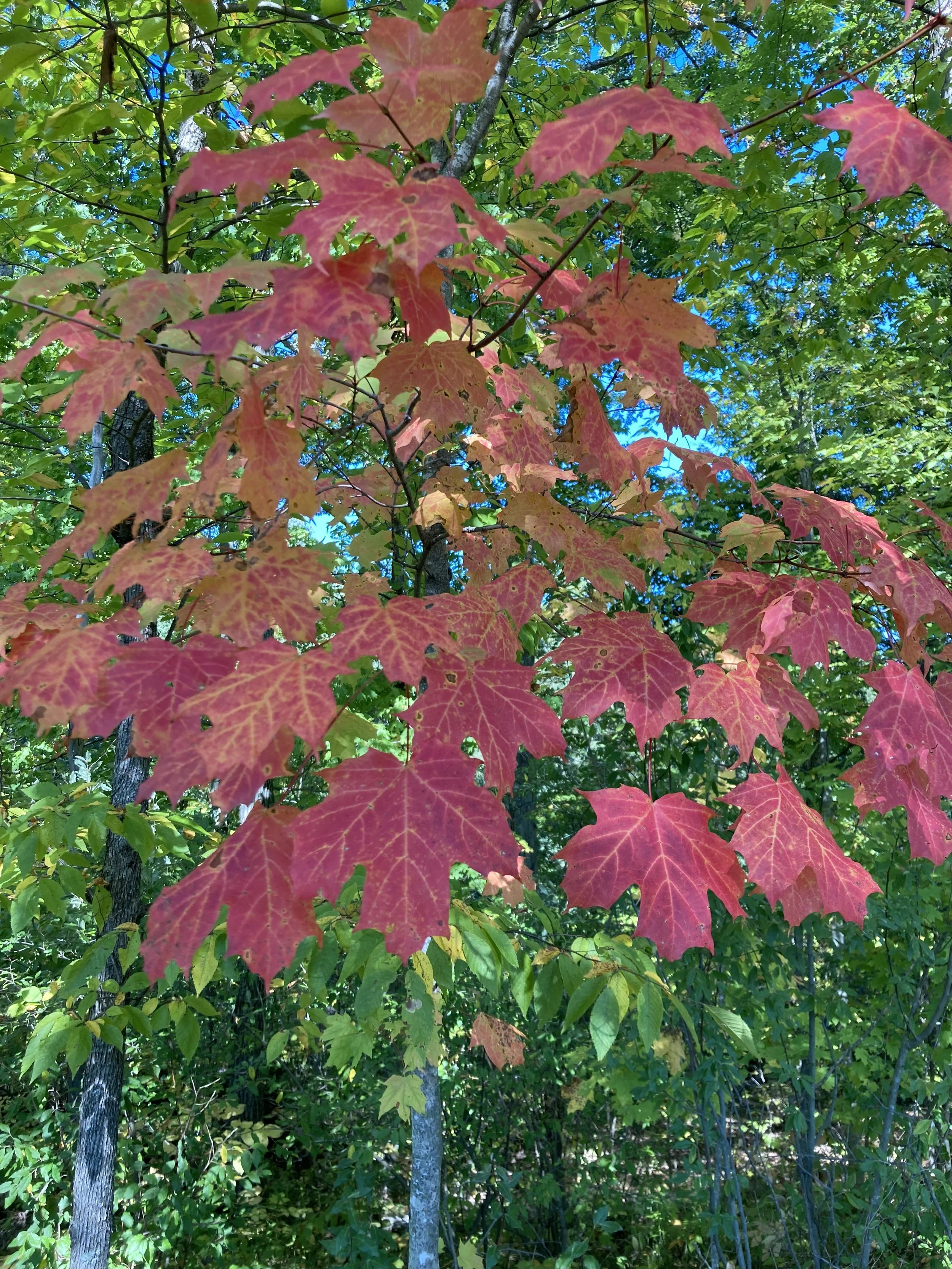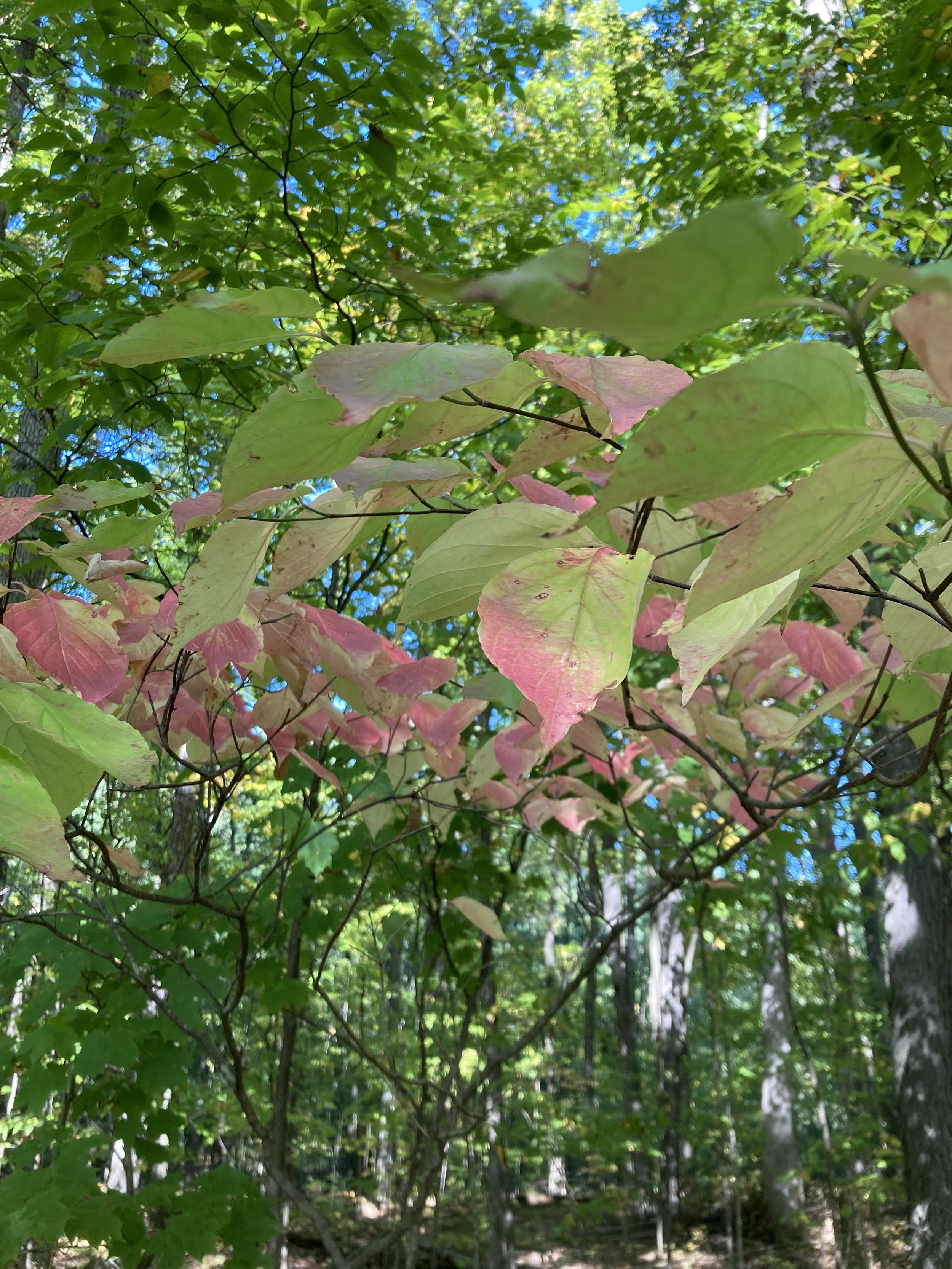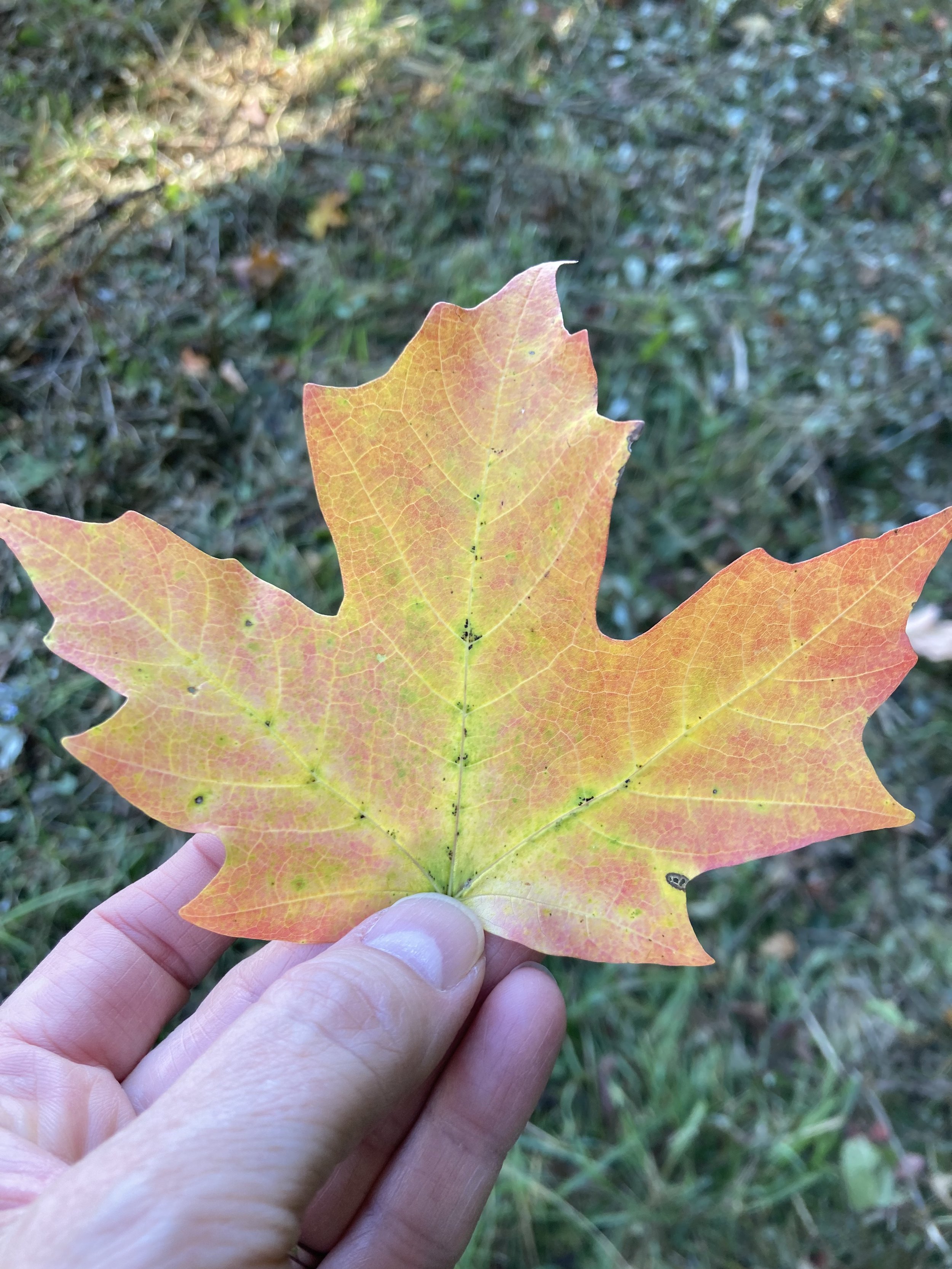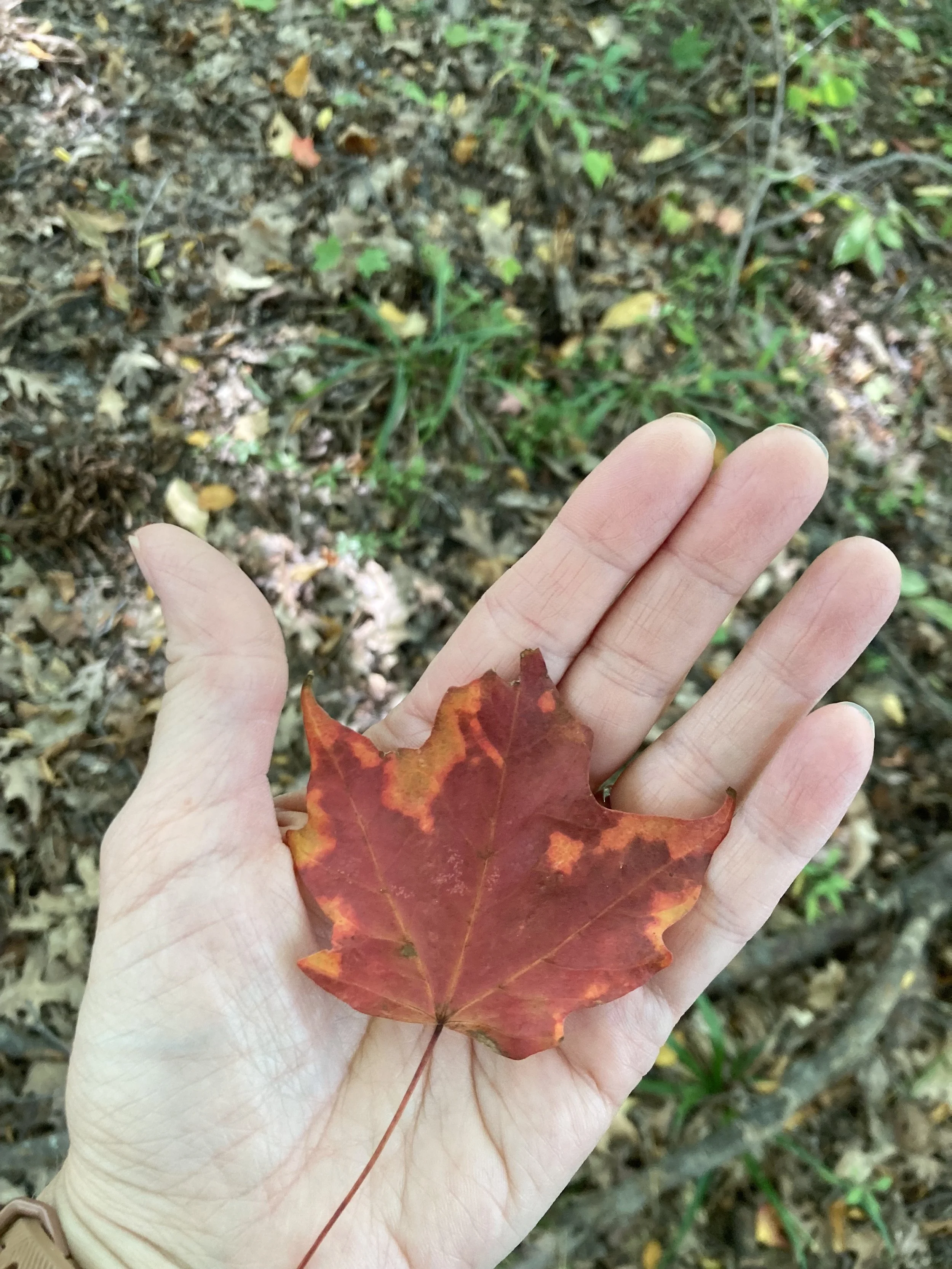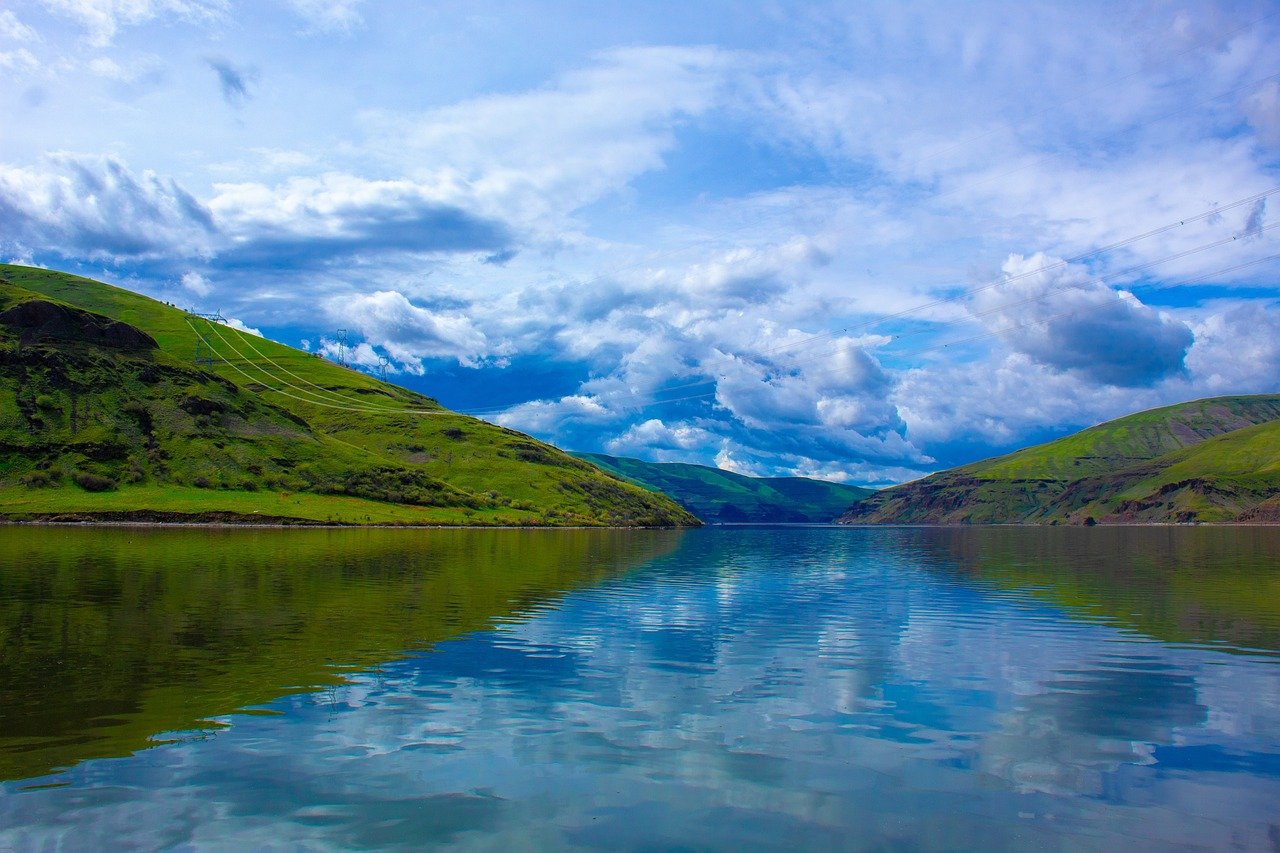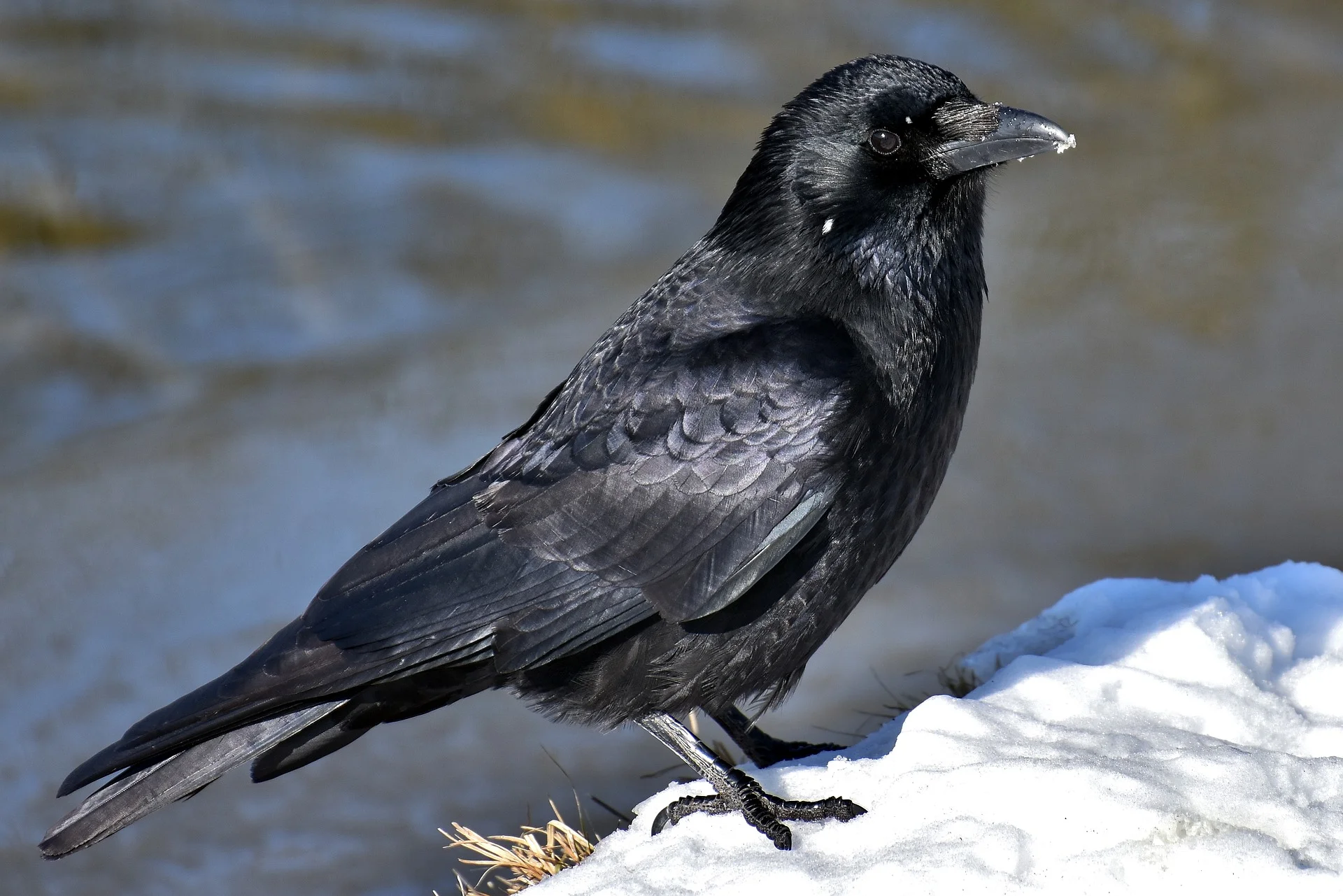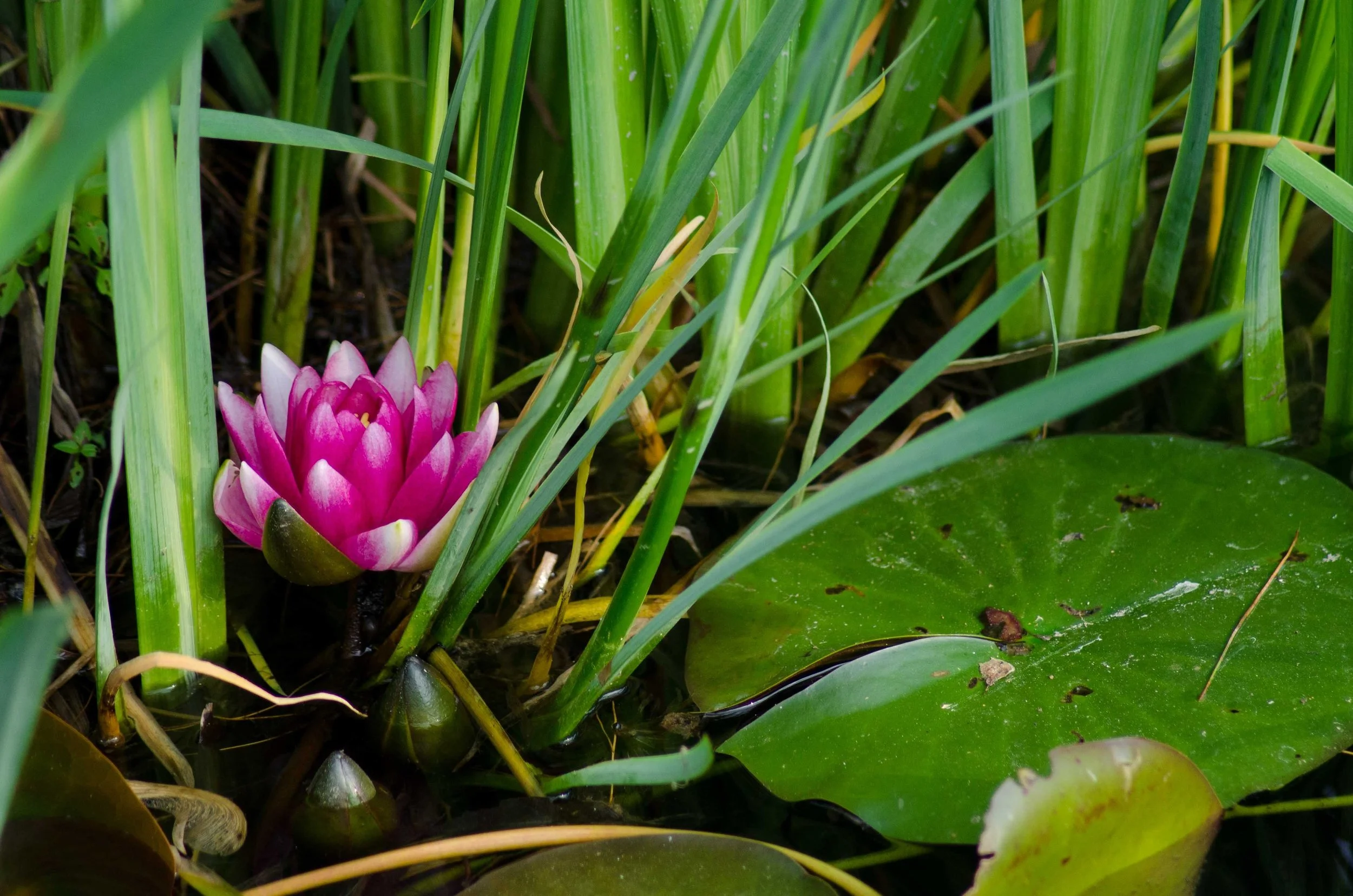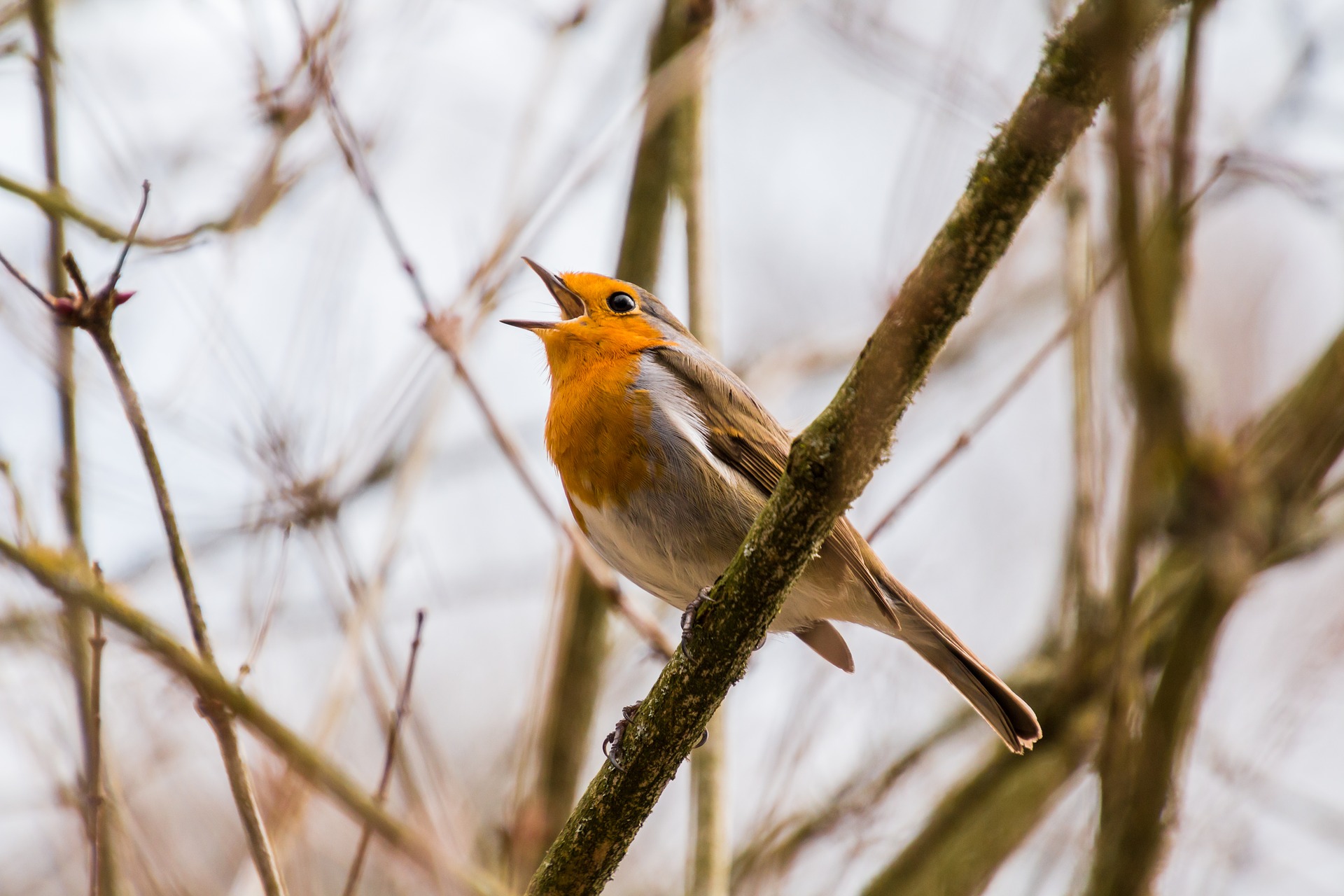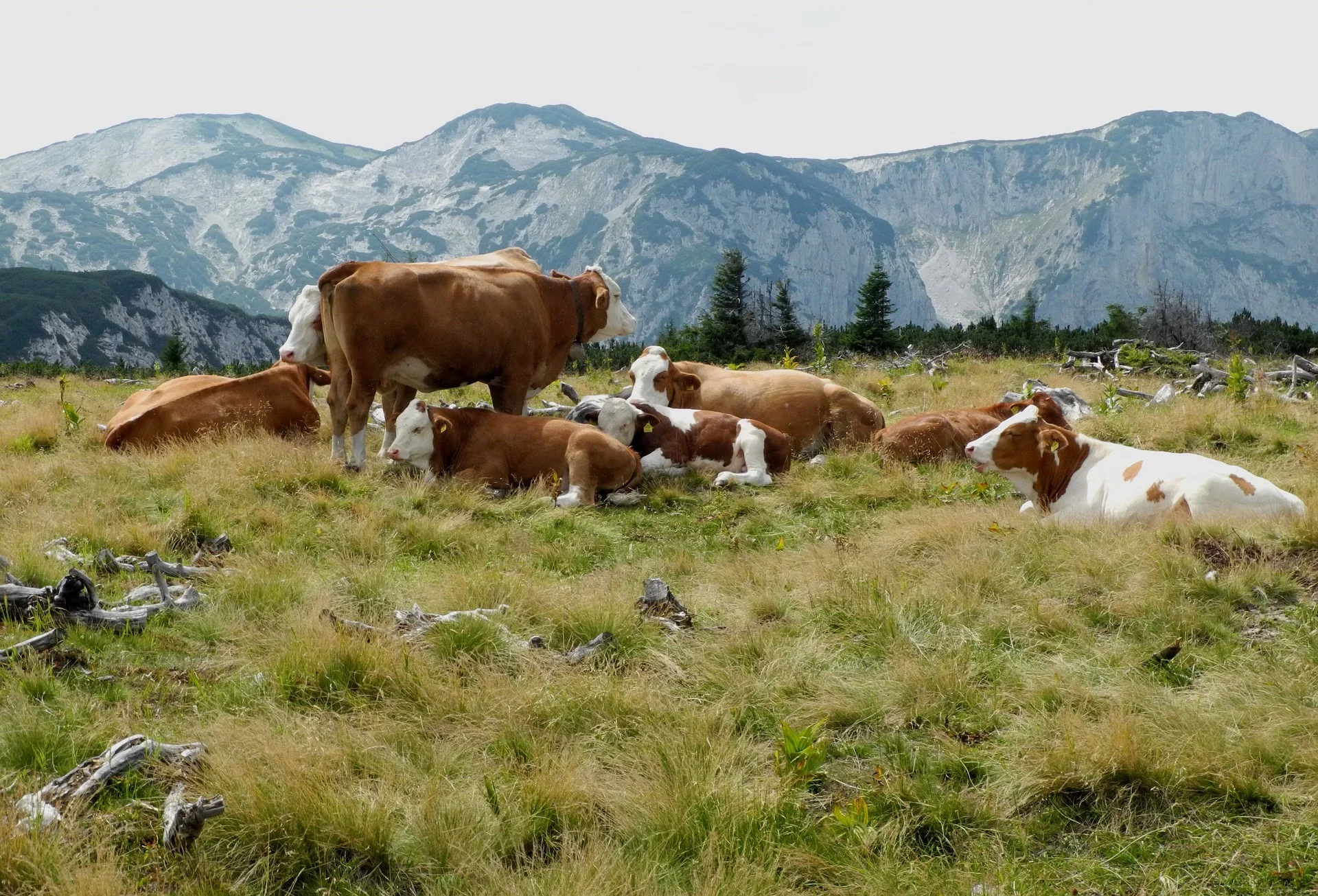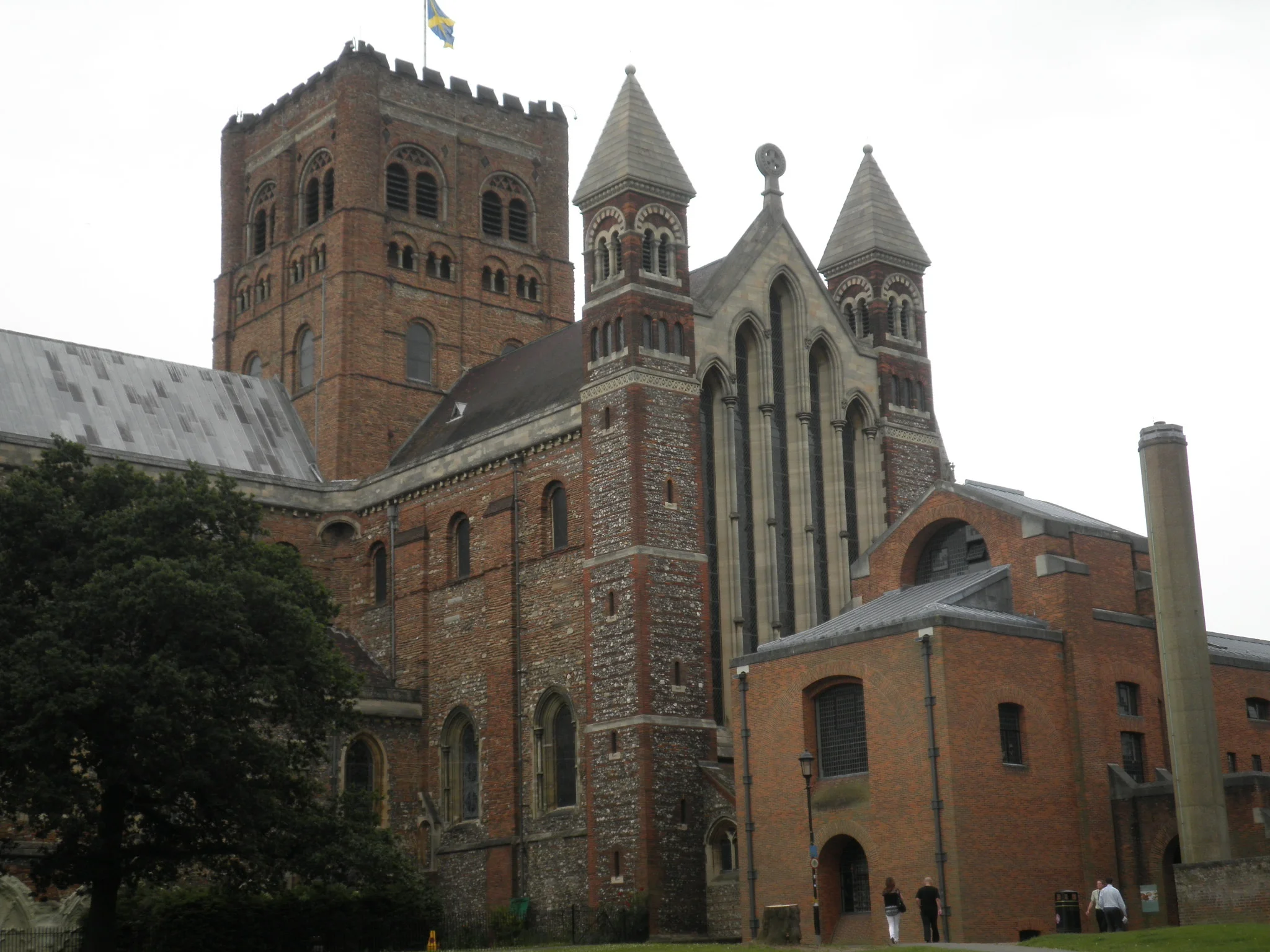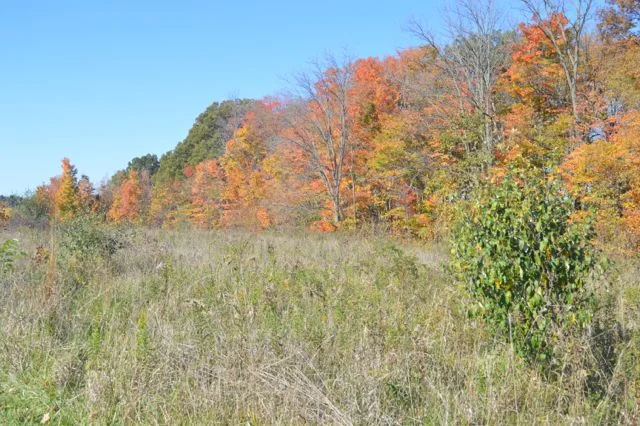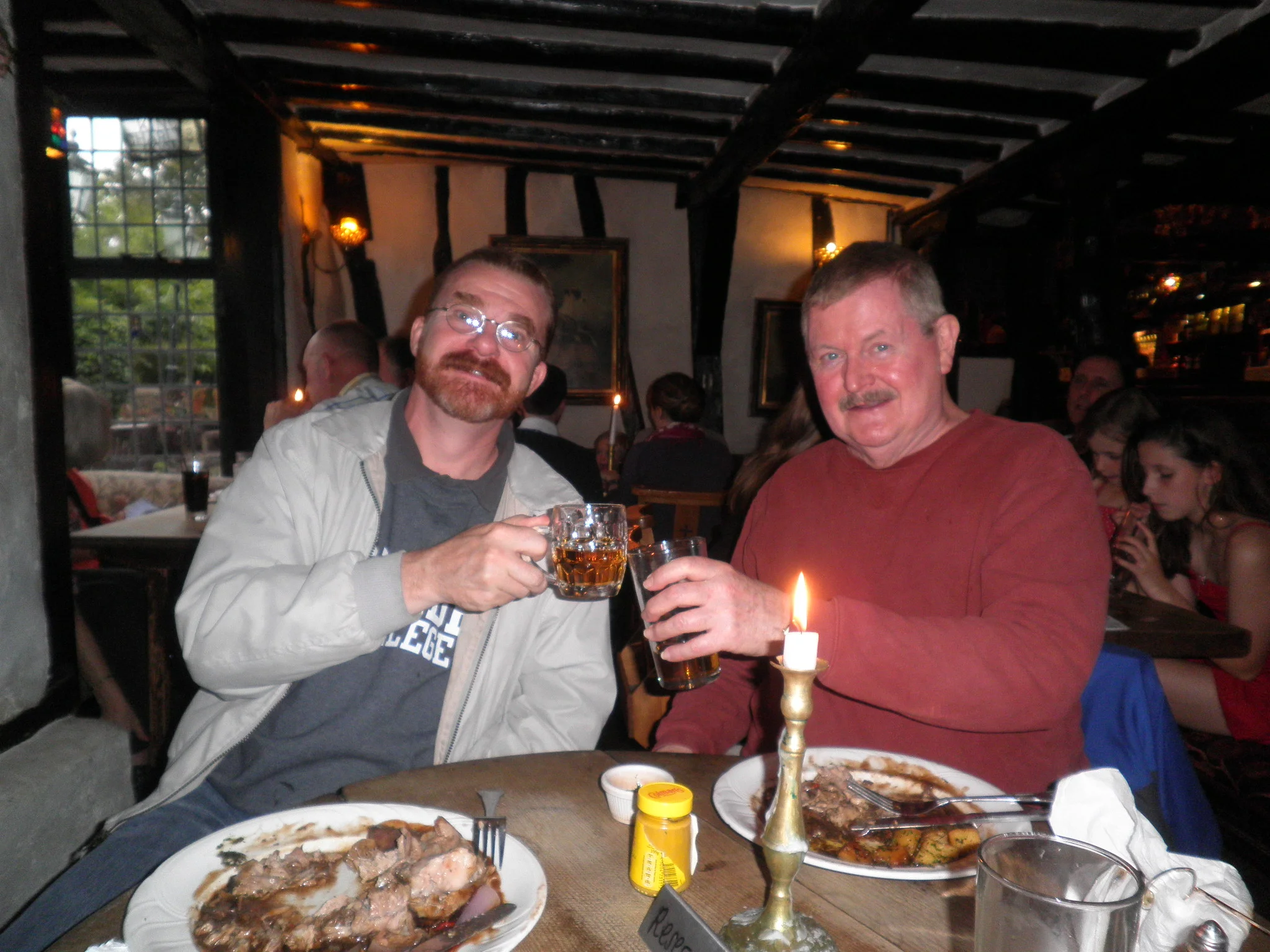Faith Inspiration: Creation in the Fall
There are so many things that can inspire our faith, from music and sermons, to podcasts and movies, but nothing inspires my faith and my relationship with God more than His beautiful creation. I love living in an area that has all four seasons because each one comes dressed in natural finery that no fashion diva could ever mimic. Whether it be the sun and surf of the summer time, the changing leaves of the fall, the pristine white of a first winter snowfall or the greening of spring, God’s creation boasts of a mighty, loving and artistic Creator.
Here in the midwest, the leaves are beginning their yearly change, turning from all manner of green to pale yellow, fiery red, blazing orange, soft peach, and even alluring burgundy. This year, the colors don’t seem quite as vibrant as they did last year in 2022, but the leaves still change and eventually fall; a truth that is as real and solid as the truths in God’s word.
“1 The heavens declare the glory of God;
the skies proclaim the work of his hands.
2 Day after day they pour forth speech;
night after night they reveal knowledge.
3 They have no speech, they use no words;
no sound is heard from them.
4 Yet their voice goes out into all the earth,
their words to the ends of the world.
In the heavens God has pitched a tent for the sun.
5 It is like a bridegroom coming out of his chamber,
like a champion rejoicing to run his course.
6 It rises at one end of the heavens
and makes its circuit to the other;
nothing is deprived of its warmth.”
Psalm 19 has always been one of my favorite passages and I find myself often quoting the first two verses when I am out in the woods, or watching a fabulous sunset. The psalmist knew God. He had a personal knowledge of Him and he could see that in God’s creation.
If we look closely at these verses we see that God gave His creation the ability to communicate, not only with their Creator, but with humanity. Even though they do not have voices like we do, the flowers of the field, the majestic mountains, the running rivers all have the ability to proclaim, speak, and reveal knowledge. In fact, their voice goes into all the earth, and their words to the end of the world. Think about that. My words reach a few people. Government leaders might reach a broader audience, and those who are known in many countries an even larger population, but when God’s creation speaks it can be heard by anyone, anywhere who will listen.
To help understand this idea let me give you an example from my own life. My husband and I have a place about an hour and fifteen minutes from where we live that we like to go to for a hike. It’s actually a wildlife area with hunting year round, and fishing during the summer months. There is a great trail that goes around the main lake and is about 2.5 miles long. Perfect for a leisurely stroll. Sometimes we take a picnic lunch along, and find a log to sit on by the lake as we eat. That is where the first picture above was taken.
We went for a hike about two weeks ago and the leaves were just beginning to change, but as usual, I took my phone and snapped a few pictures because I always enjoy capturing the beautiful colors.
As I began to think about the leaves in all their different stages and hues of color change, I began to think about humanity. We are all so very different, but we are all God’s creation. All of us are going through the process of change.
Some of us may change gracefully, easily allowing God to work and bring the change about. These remain soft and pliable to the will of God.
Others change in small spurts, often stubbornly bending to God’s desire in their lives. A little rough around the edges they learn to love Jesus without abandon.
Still others, go through great difficulty as God allows change to color them differently than others. Sometimes these leathery individuals have the deepest knowledge and understanding of who God is.
This is just one way creation can inspire an individual. Has your faith been inspired by God’s creation? I would love to hear your thoughts and stories in the comments below. Please share, so others can hear how God has worked in your life.
I hope you have a great weekend!

